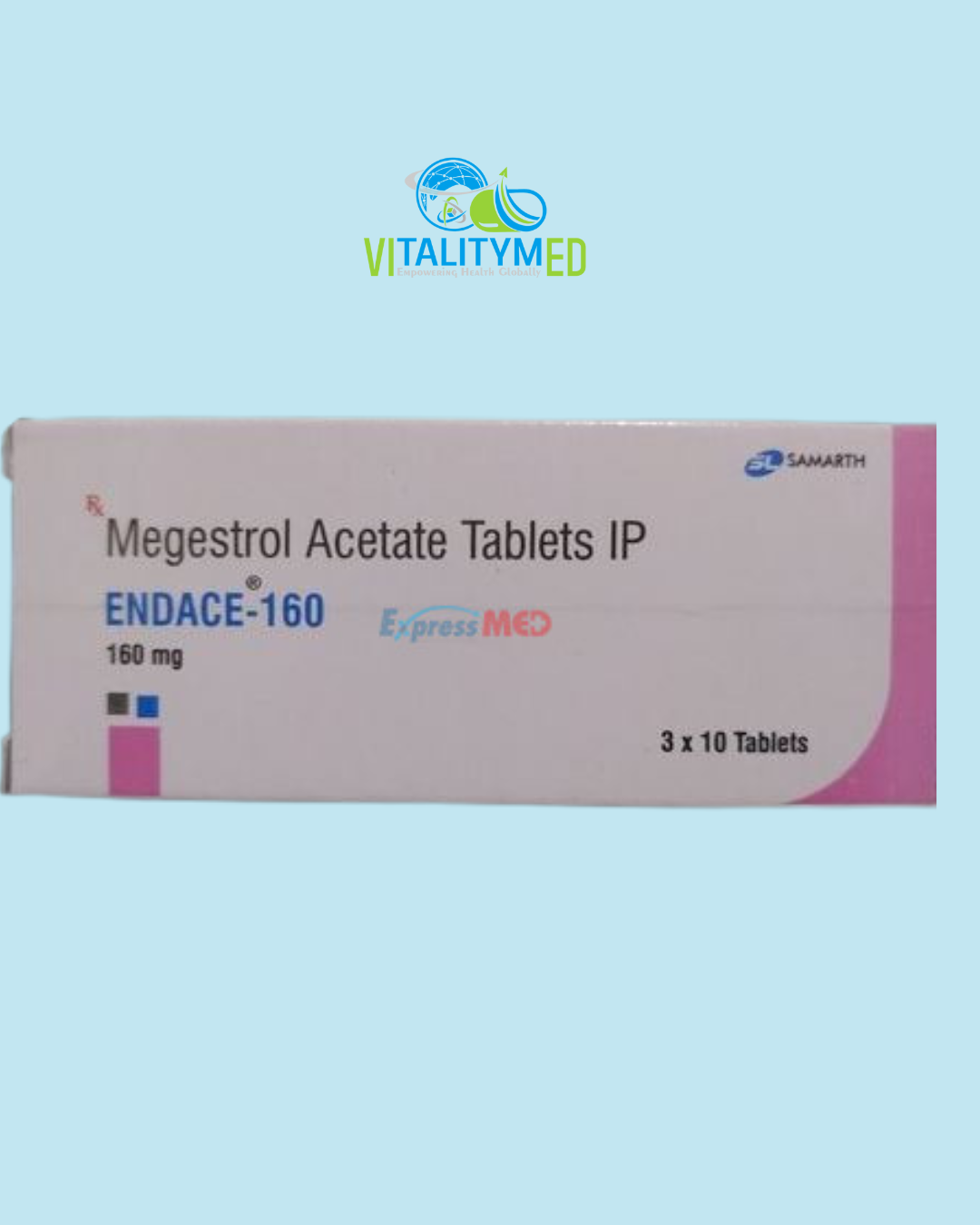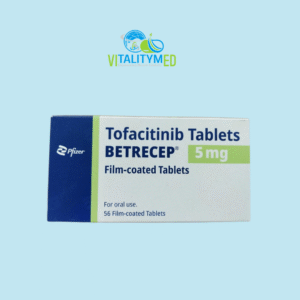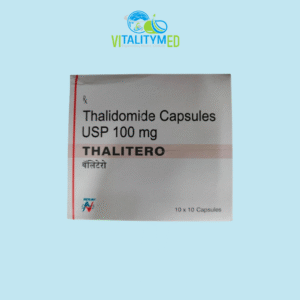Endace contains megestrol acetate, a synthetic derivative of the hormone progesterone. It is used primarily to stimulate appetite and help manage significant weight loss in patients with chronic illnesses such as cancer or AIDS. Additionally, it plays a role in the hormonal treatment of certain cancers, particularly breast and endometrial cancer. Endace offers both nutritional and oncologic benefits, making it a versatile option in supportive and therapeutic care.
Mechanism of Action
Megestrol acetate works by mimicking the effects of natural progesterone in the body. It interacts with hormone receptors to exert anti-estrogenic effects, which is particularly helpful in hormone-sensitive cancers like breast or endometrial cancer. At the same time, it affects appetite-regulating pathways in the hypothalamus and other areas of the brain, leading to increased food intake and weight gain. These combined actions make it suitable for both cancer control and nutritional support.
Uses
Endace is primarily used to treat advanced breast cancer and endometrial cancer when hormone therapy is appropriate. It is also widely prescribed to manage anorexia, cachexia, or unexplained weight loss in patients with chronic conditions such as cancer, HIV, or other wasting diseases. In some settings, it may be used off-label to support weight gain in frail elderly patients or those with poor nutritional intake.
Adverse Effects
While generally well tolerated, megestrol acetate can cause certain side effects. Commonly reported reactions include weight gain, fluid retention, and increased appetite. In women, menstrual changes such as irregular bleeding may occur. More serious side effects can include blood clots, elevated blood sugar levels, or adrenal suppression if used long term or in high doses. Caution is advised in patients with diabetes or a history of thromboembolic disease. Regular follow-up and monitoring can help ensure safe and effective use.






